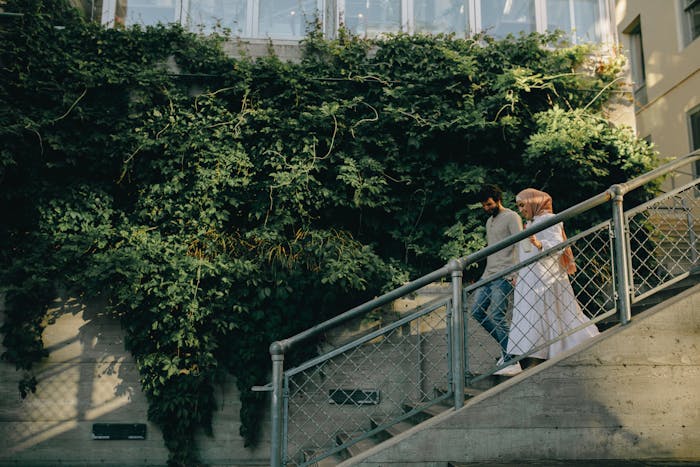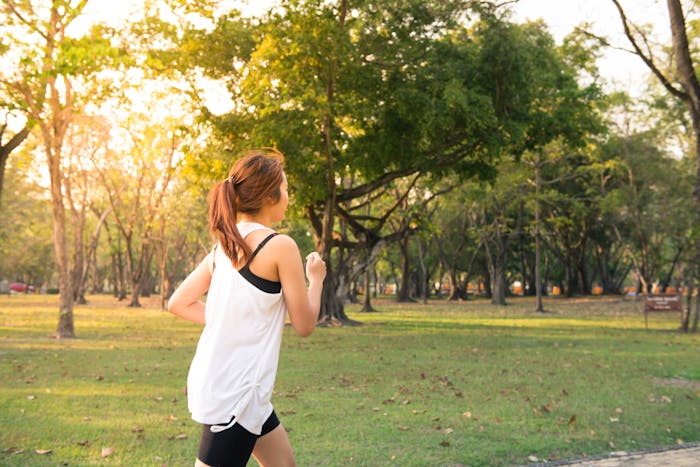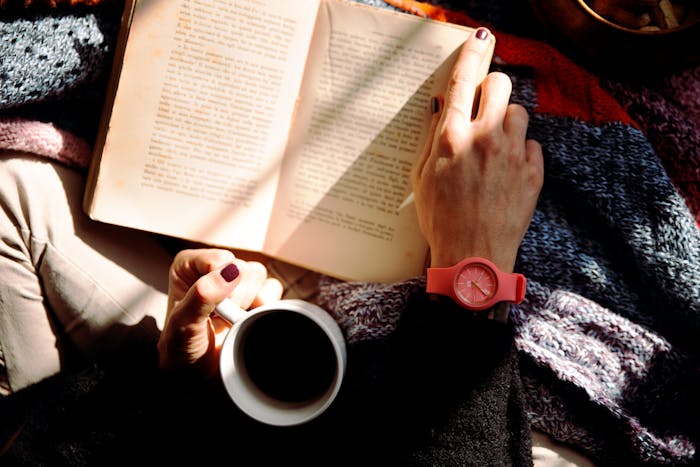6 Ways to Relax Without Alcohol
For many people, alcohol is commonly used as a way to help feel relaxed or feel less anxious.
However, drinking regularly should not be a way to manage stress and manage your stress levels. In reality, in the long-term it will just exacerbate any problems or feelings you might have.
This can lead to health issues and a negative relationship with alcohol if your alcohol intake is particularly regular, resulting in cravings for alcohol, alcohol use disorders or an addiction.
This article will suggest 6 alternative relaxation techniques and ways to relax without alcohol that will improve your overall mental health and well-being.
1. Get outside for a walk or hike

Going for a walk or hike is proven to have many health benefits. Physical exercise can help release endorphins, lower stress and anxiety levels, and improve overall well-being.
Opt for a short walk to your local green space or area with nature, such as a park, forest or lake, and spend some time focusing on your surroundings. Spending time outdoors has been proven to help recovery from alcohol addiction. [1]
If you prefer to go further and take on more of a challenge that will help to distract you more, find a long hike in the surrounding area.
2. Have a long bath or shower
Without even having to leave the comfort of your home, you can indulge in a relaxing warm bath, sure to relax your whole body.
Lighting candles and using your favourite scented bubble bath or bath oils can help to further relax you. Why not enjoy a hot drink during your bath, too?
Warm water is soothing to your muscles and can help to relieve any physical tension you may be carrying due to stress.
3. Try meditation
Meditation is known across the world for providing a calming effect on our bodies and minds. Spending some time to focus on clearing your mind and creating mindfulness techniques is a great way to help feel relaxed, with data proving meditation with breath control has massive benefits. [2]
You may want to try listening to guided meditation on a podcast or video to help you focus and develop mindfulness techniques, especially if it is your first time. You can also try to attend a local yoga class in your area that has an emphasis on meditation.
Deep breathing techniques are a big aspect of yoga and can help you to feel significantly calmer.
4. Exercise

Just as walking is a great way to reduce stress and increase your relaxed state, any other form of exercise can also have a good impact. This can include high-intensity exercise like running or cycling, or a more relaxed choice such as low-impact swimming or dancing.
Unlike the short-term relaxation effects of alcohol, exercise is scientifically proven to truly have an impact on reducing stress. Exercise is also key to maintaining your overall physical health, which contributes to better mental health, well-being and happiness.
A 6-week study of aerobic exercise performed 2 days per week significantly reduced perceived stress. [3]
Some research even suggests that the more you exercise, the less you will crave alcohol since exercise increases dopamine production. [4]
5. Start a new hobby
Beginning a new hobby, such as gardening, playing an instrument, or learning a new language, is a much healthier alternative to using alcohol to relax.
By starting a new hobby, you can realise a sense of accomplishment and joy that isn’t derived from alcohol. Instead, this is a healthier way to fill your time.
6. Take up reading

Getting engrossed by a good book can be a fantastic way to calm your overall nervous system. In fact, a 2009 study at the University of Sussex found that reading can reduce stress by 68%, making it more effective than having a cup of tea (54%) or going for a walk (42%). [5]
Reading can be great for helping you relax before bed, as it can give your mind a way to escape the struggles of your everyday life.
When To Get Professional Help at an Alcohol Rehab
If you’re struggling to relax without alcohol, this may mean that you are dependent on alcohol or that you have formed an alcohol addiction.
Contact Rehab Recovery today at 0800 088 66 86 for further advice and support.
Sources
[1] https://www.ncbi.nlm.nih.gov/pmc/articles/PMC9603149/
[2] https://www.ncbi.nlm.nih.gov/pmc/articles/PMC6137615/
[3] https://www.ncbi.nlm.nih.gov/pmc/articles/PMC7264390/
[4] https://www.ncbi.nlm.nih.gov/pmc/articles/PMC8656815/
[5] https://blogs.ncl.ac.uk/medlit/2023/01/19/reading-reduces-stress-fact/




